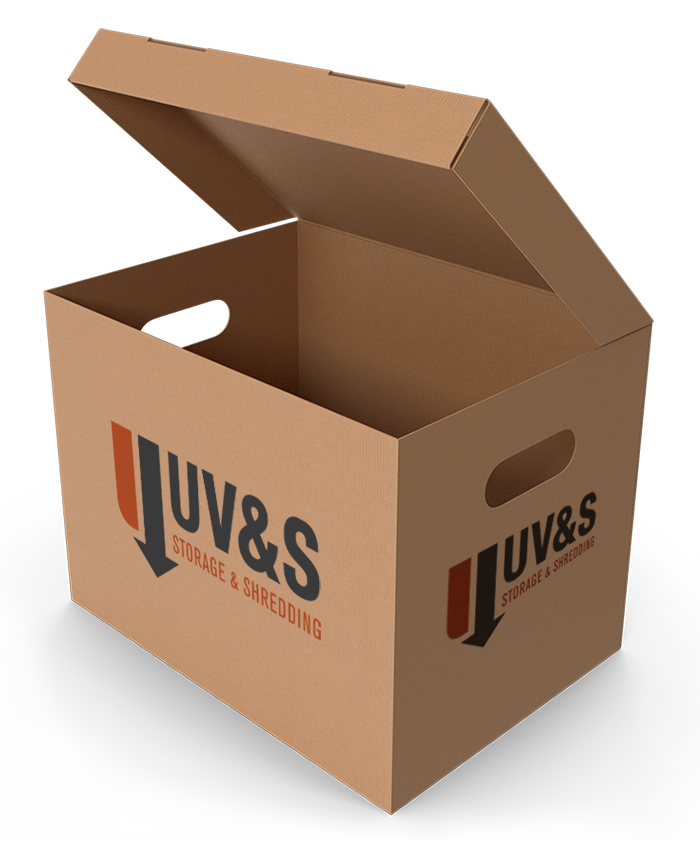2 Years

Budgets
Purchase orders (except purchasing department copy which should be retained for 7 years)
Stenographers’ notebooks
Stockroom withdrawals
 Accounting trial balances and internal audit reports
Accounting trial balances and internal audit reports

 Accident report claims-settled cases
Accident report claims-settled cases Articles of Incorporation, minutes and bylaws
Articles of Incorporation, minutes and bylaws
Fill out the form and provide as much information as possible so we can quickly access the best service that suits your needs. Someone from our office will contact you very soon. Your information is never shared with anyone.




270-793-0880
316 Dishman Lane
Bowling Green, KY 42101
785-625-2111
711 E. 6th
Hays, KS 67601
620-663-5434
3500 East Ave G
Hutchinson, KS 67501
620-662-6769
P.O. Box 1723
517 E. 30th St. Ste D
Hutchinson, KS 67502
816-455-2640
8600 NE Underground Dr.
Pillar 146
Kansas City, MO 64161
+44 (0) 208 573 9999
Unit 2, 3, 6, and 23
Mereside Park, Shield Road
Ashford TW15 1BL
+44 (0) 1635 230020
Unit 9, Hambridge
Business Center
Hambridge Lane, Newbury
Berkshire RG14 5TU
323-763-7750
6043 Malburg Way
Vernon, CA 90058
502-451-4570
1841 Taylor Ave Bldg 4
Louisville, KY 40213
785-537-1222
5106 Murray Rd. Suite C.
Manhattan, KS 66503
405-947-0810
5621 W. Reno Ave #D
Oklahoma City, OK 73127
785-537-1222
739 N. 10th St.
Salina, KS 67401
785-232-0713
1540 NW Gage Blvd #6
Topeka, KS 66618
316-613-4747
245 N. Waco T100
Wichita, KS 67202
316-838-2121
707 E. 33rd St. N..
Wichita, KS 67219















